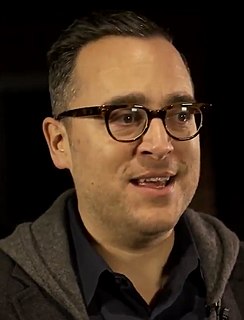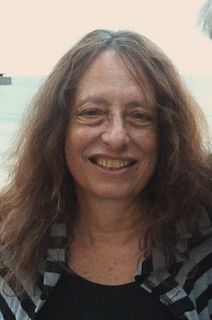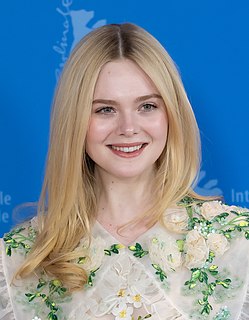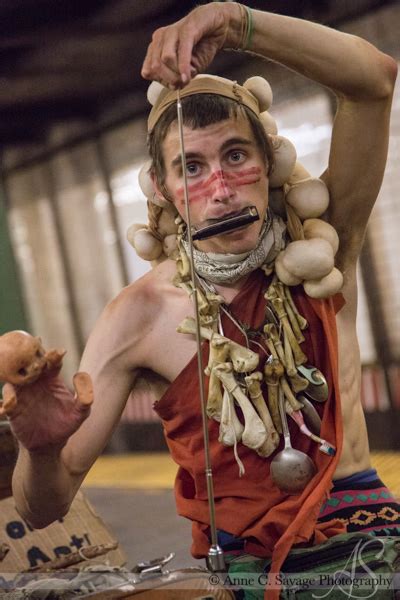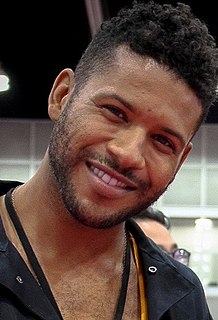A Quote by Paul Marcarelli
Before my commercial career, I never played for more than an audience of 99 seats somewhere in downtown New York, but occasionally someone would recognize me in the subway and say, "Oh, I saw you in that play, you were really great in that," or "the director was really something." It becomes a conversation. When people spot me on the street from my work in commercials, there's nowhere for the conversation to go. Obviously I'm an actor and I can't.
Quote Topics
Related Quotes
I think so many great artists are flocking to LA because the downtown art scene is so vibrant, there is cheap living and you can really flourish as an artist there. There is an unbelievably supportive and really smart, talented theatre audience in LA full of young, hungry, vibrant people. It's something that sort of makes me think of what New York must have been like in its downtown theater scene in the 1980s - before my time.
The thing about living in a place like Nebraska is there aren't that many people, so your circle of acquaintances is going be much more diverse. Everyone would go to the same bar, like the local politicians and construction workers. The class intersections were fascinating to me. And of course there's a whole other conversation about what a huge source of growth it was for me in terms of understanding people and the world in a way that I hadn't in New York. I used to say that L.A. is essentially New York with yards.
I was a bartender in New York and I overheard this girl saying she made $3000 doing a commercial. A kid at work told me, 'Hey, I know this director and he'd really like you!'. So I walked into this guy's office and was like 'I was thinking maybe I could make $3000' and he hired me for commercials, short films, like 15 jobs in a row.
I like street performance because it's garbage time. The subway is garbage time: no one can say I'm wasting their time because they've already thrown that time into the subway. If they don't want to see me they can go to the other end of the platform. But on the street I do feel this disgust towards the audience: why would you waste your time looking at me? Why are you being so respectful of me? You should attack me.
But, yeah, I'm really happy when I'm writing. When I'm being creative and when I have something that I can put down. You know, if you go out and you overhear a conversation or you have a thought, you have a receptacle to go home and say, 'Oh, this would be great in this script.' Your antenna's out in a different way, and I love that time.
Commercials are also any opportunity to meet new crew and work with new kind of rigs. You can explore working with different people without having to make the full commitment of having to do an entire feature film with them and see whether you like them. Also it's great for testing out new equipment, like on the last spot we just did, I used a lot of drone technology, really cutting edge drone stuff, more than I've ever done before, and it worked out really really well.
You can say something that can really help and actor and you can say something that can really get in the way of an actor's performance, kind of cut them off from their instincts and really get into their heads. And every actor's different. Every actor requires something different. Being an actor, for me, was the greatest training to be a writer and director.
I knew I wanted to be an actor, and I didn't necessarily need or want to be famous or a celebrity actor. But I wanted to be somewhere where there would be no ceiling on what I could accomplish, and I felt like if I stayed in St. Louis I might have a really great regional theater career or something, but that I wasn't going to be able to get much further than that. And it felt like New York and L.A. were the two places where you could end up being a TV star or you could end up doing regional theater, which would have been fine as well.
